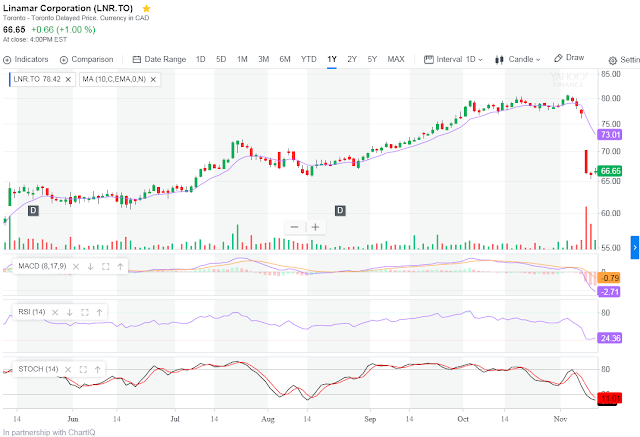The 2 Billion Dollar Loss By JP Morgan Is Just A Preview Of The Coming Collapse Of The Derivatives Market
When news broke of a 2 billion dollar trading loss by JP Morgan, much of the financial world was absolutely stunned. But the truth is that this is just the beginning. This is just a very small preview of what is going to happen when we see the collapse of the worldwide derivatives market. When most Americans think of Wall Street, they think of a bunch of stuffy bankers trading stocks and bonds. But over the past couple of decades it has evolved into much more than that. Today, Wall Street is the biggest casino in the entire world. When the “too big to fail” banks make good bets, they can make a lot of money. When they make bad bets, they can lose a lot of money, and that is exactly what just happened to JP Morgan. Their Chief Investment Office made a series of trades which turned out horribly, and it resulted in a loss of over 2 billion dollars over the past 40 days. But 2 billion dollars is small potatoes compared to the vast size of the global derivatives market. It has been estimated that the the notional value of all the derivatives in the world is somewhere between 600 trillion dollars and 1.5 quadrillion dollars. Nobody really knows the real amount, but when this derivatives bubble finally bursts there is not going to be nearly enough money on the entire planet to fix things.
Sadly, a lot of mainstream news reports are not even using the word “derivatives” when they discuss what just happened at JP Morgan. This morning I listened carefully as one reporter described the 2 billion dollar loss as simply a “bad bet”.
And perhaps that is easier for the American people to understand. JP Morgan made a series of really bad bets and during a conference call last night CEO Jamie Dimon admitted that the strategy was “flawed, complex, poorly reviewed, poorly executed and poorly monitored”.
The funny thing is that JP Morgan is considered to be much more “risk averse” than most other major Wall Street financial institutions are.
Read the full article here
Sadly, a lot of mainstream news reports are not even using the word “derivatives” when they discuss what just happened at JP Morgan. This morning I listened carefully as one reporter described the 2 billion dollar loss as simply a “bad bet”.
And perhaps that is easier for the American people to understand. JP Morgan made a series of really bad bets and during a conference call last night CEO Jamie Dimon admitted that the strategy was “flawed, complex, poorly reviewed, poorly executed and poorly monitored”.
The funny thing is that JP Morgan is considered to be much more “risk averse” than most other major Wall Street financial institutions are.
Read the full article here

Comments